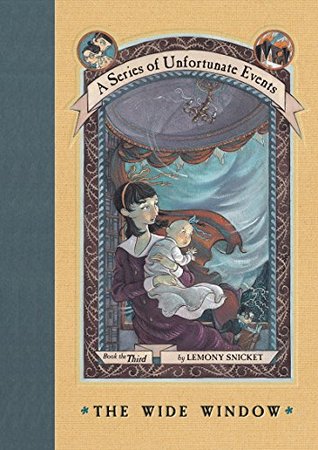More on this book
Community
Kindle Notes & Highlights
Read between
August 22 - August 29, 2020
Mr. Poe was kindhearted, but it is not enough in this world to be kindhearted, particularly if you are responsible for keeping children out of danger.
Your Aunt Josephine—she’s not really your aunt, of course; she’s your second cousin’s sister-in-law, but asked that you call her Aunt Josephine—your
“‘Dowager,’”
Dowager,’” Klaus whispered to Violet, “is a fancy word for ‘widow.’”
Oftentimes, when people are miserable, they will want to make other people miserable, too. But it never helps.
Tears are curious things, for like earthquakes or puppet shows they can occur at any time, without any warning and without any good reason.
He was not very good at comforting people, but he put his arms around the children the best he could, and murmured “There, there,” which is a phrase some people murmur to comfort other people despite the fact that it doesn’t really mean anything.
“Welcome to the Anxious Clown restaurant—where everybody has a good time, whether they like it or not.
If you are allergic to a thing, it is best not to put that thing in your mouth, particularly if the thing is cats.
“No way, José,” Aunt Josephine said, using an expression which means “No way” and has nothing to do with José, whoever he is.
“Truth, schmuth,” Captain Sham said. If you don’t care about something, one way to demonstrate your feelings is to say the word and then repeat the word with the letters S-C-H-M replacing the real first letters. Somebody who didn’t care about dentists, for instance, could say “Dentists, schmentists.”
The moral of “The Three Bears,” for instance, is “Never break into someone else’s house.” The moral of “Snow White” is “Never eat apples.” The moral of World War One is “Never assassinate Archduke Ferdinand.”


